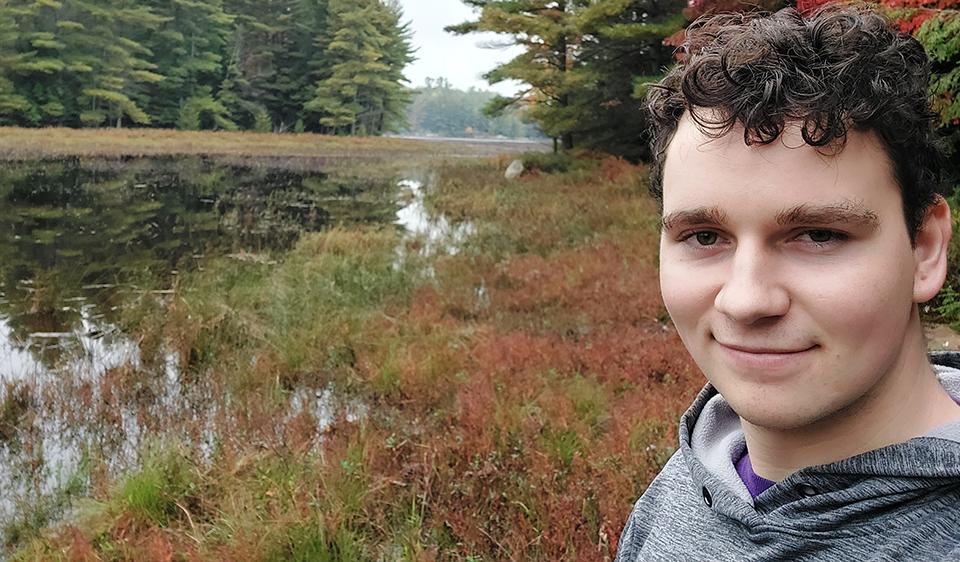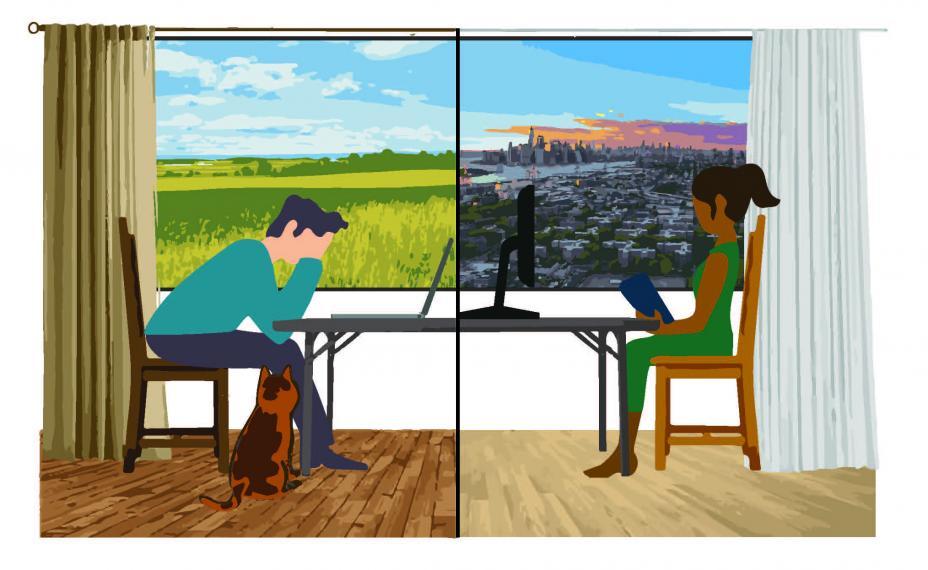Vaccination Mandate for Truckers Could Impact Food Supply Chain, Says U of G Economist
As Canada’s new vaccine mandate for cross-border truckers goes into effect, a University of Guelph food economist wonders whether there might be better ways to reduce the spread of COVID-19 while keeping Canada’s food supply strong.
Dr. Mike von Massow is a professor in the Department of Food, Agricultural and Resource Economics in the Ontario Agricultural College. He researches supply chain management and food value chain structure and performance.




